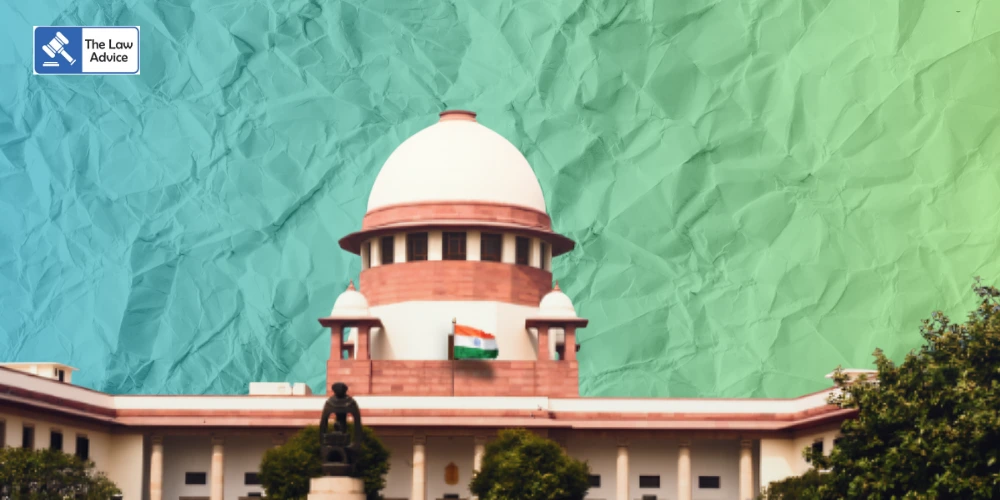The Supreme Court has clarified that the limitation period for offences under the Drugs and Cosmetics Act, 1940, punishable with up to three years’ imprisonment, must be calculated from the date the Government Analyst’s report is received—and not from the date of drug sample collection.
A bench of Justice Vikram Nath and Justice Sandeep Mehta delivered the ruling while setting aside a Kerala High Court judgment that had permitted continuation of prosecution against the directors of Indica Laboratories (Pvt.) Ltd.
On January 29, 2010, a Drug Inspector collected samples of Rabeprazole Tablets from a medical store in Kozhikode, Kerala. Government Analyst reports dated March 30, 2010 and April 9, 2010 found the drugs to be sub-standard.
Subsequently, complaints under Section 32 of the Drugs and Cosmetics Act were filed in June and July 2013, alleging violation of Section 18(a)(i) punishable under Section 27(d). The accused sought dismissal of proceedings, contending that the complaints were barred by limitation under Section 468(2)(c) CrPC, which prescribes a three-year limitation for offences punishable with imprisonment between one and three years.
Both the Trial Court and Kerala High Court rejected the plea, holding that the complaints were within limitation.
Disagreeing with the lower courts, the Supreme Court held that:
• Limitation begins from Analyst’s Report: An offence is made out only after the Government Analyst certifies that the drug is not of standard quality. Hence, limitation under Section 469(a) CrPC commences from the date of receipt of the Analyst’s report.
• Since the reports were received in March and April 2010, the three-year limitation expired in March and April 2013. The complaints filed in June–July 2013 were therefore time-barred.
• The Court rejected the argument that delay was justified for gathering details of the manufacturing company, noting that the Analyst’s report itself contained all relevant particulars and had already been forwarded to the company in 2010.
The bench stressed that the principle of limitation is founded on the maxim “vigilantibus non dormientibus jura subveniunt” — the law aids the vigilant, not the indolent. Importantly, the complainant had not even sought condonation or exclusion of delay, yet the lower courts extended such benefit on their own.
Holding that the complaints were filed beyond the statutory limitation period, the Supreme Court set aside the Kerala High Court’s order and allowed the appeal in favour of the directors of Indica Laboratories.
Case Title: Miteshbhai J. Patel & Anr. v. The Drug Inspector & Anr.
SLP (Crl.) Nos. 3662–3663/2024
